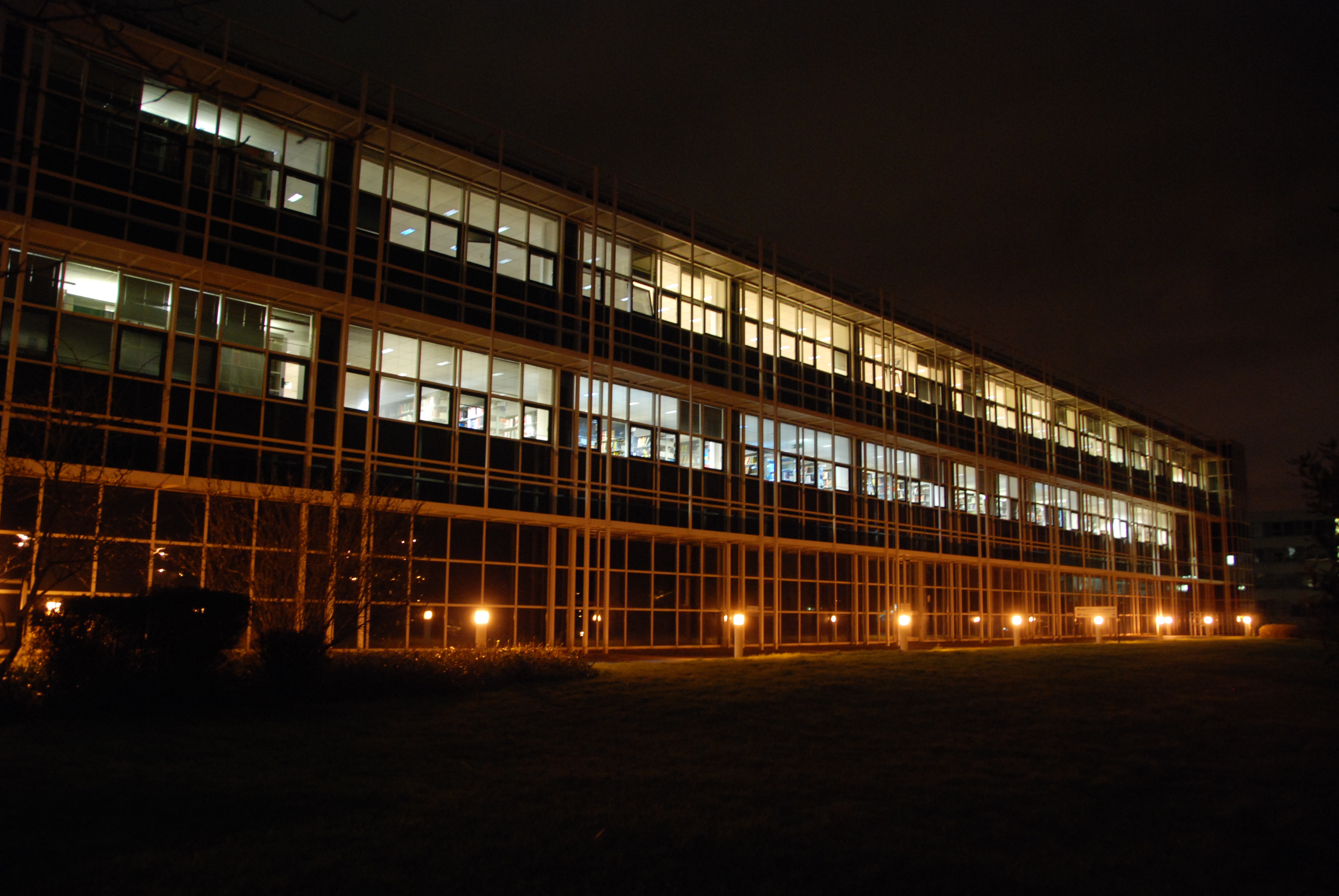EUTopia Connected Learning Community Legal History:
Collective and Individual Rights in Legal History
Thursday 13 – Saturday 15 March 2025
University of Warwick
Following the editions in Paris (February 2022), Ljubljana (March 2023), and Brussels (March 2024), the University of Warwick (Dr. Rosie Doyle) will host the 2025 flagship event of the Connected Learning Community in Legal History, with the support of the participating institutions (University of Warwick, CY Cergy Université, University of Ljubljana, Vrije Universiteit Brussel).
Thursday
13 March
|
|
Arrival
of all participants
|
|
19.00 |
Evening
Meal, Coventry (exact location tbc)
|
Friday 14 March
Location:
Warwick
Innovation District, Junction Building
6
University Road
University
of Warwick
Coventry,
CV4 7EQ
|
09.00 – 17.30
09:00
- 09:30
09:30-11:00
11:20-13:00
13:00-13:45
13:45-15:00
15:00-15:15
15:15
-17:05
|
Academic Event
Arrival
and Welcome with Eutopia Fellows
|
|
Panel 1 VUB, Collective and Individual Rights in Belgian Legal History (1830-...)
August
Vanschoubroek, ‘Freedom and Resistance: The
Impact of Collective Action in Belgium’
Emma
Wittens, ‘Secular vs Sacred: the Politico-Legal
Battle over Monastic Wealth’
Melani
Demirel, ‘The Battle for Primary Schools, 1879–1881:
The Catholic Appropriation of Fundamental Rights in the Belgian Constitution’
Améline
Verhelst, ‘Men of Influence, Women of change: the
Evolution of Women’s Suffrage in Belgium (1830 -1948) and its (male)
Advocates.’
Blue
Vercauteren Trompet, ‘Fundamental Rights vs.
Conscientious Objections: Belgian Feminism, the Mini-Royal Question, and the
Struggle for Abortion’
|
|
|
Panel
2 University of Ljubljana: The
rights of association and assembly between assertion and resistance among
Slovenes with an outlook to Spain in the long 19th century:
villagers, workers, academics, lawyers, gymnasts, citizens at large.
Kristjan
Krapež, ‘Loški
Potok parish appeals (1790-1817): A disgruntled village steps together.
Luka
Držić, ‘The Jerez uprising: the struggle for rights through
revolt.
Ajra
Šišernik, ‘University of Graz as a Slovene Cultural
Centre: The Influence of Slovene Scholars on the Right of Association.’
Teja
Benčič, ‘The Sokol Association in Ljubljana, the
capital of Carniola: Physical Education as a Means of Political Engagement in
the 19th and 20th Centuries?’
Bogdan
Domen,
‘Defying Organizational Challenges and Collective Resilience at the Turn of
the 20th Century: The Case of the Sokol Association in Styrian Ljutomer.’
Nives
Košnjek,
‘Diversity of Tabori rallies' movement in Slovene Lands: Reactions to the
(non)radicality of collective rights at massive assemblies.’
Benjamin
Marenče, ‘The development of the Carniola Bar
Association; The Rights of Attorneys and the Legal Profession During the Time
of »National Awakening«.’
|
|
|
Lunch
|
|
|
Panel
3 CY Cergy Paris Université
Philippine
Ortiz, ‘Freedom of speech and literary censorship
in France : The prerevolution era and the XXth century.’
Aude
Froese/Ferdaousse Abdeljelil, ‘ Strike stories : (special
episode) The strike of Anzin : a step towards a better labour
legislation.’
Lisa
Gouellain, ‘Animal Rights: History of a difficult
Recognition through the XIXth Century.’
Emma
Cornette, ‘Children's rights in the 19th century : a
struggle for protection.’
|
|
|
Coffee break
|
|
|
Panel
4 University of Warwick:
Ash Fowkes-Gajan,
'Printing, Property and Protection: A Venetian appropriation of social rights
through patronage in the Renaissance'.
Mayukha Rodrigo,
‘Minority Rights in South Asia.’
Christopher Bird Simpson and Fred Teasdale,
'Sport and its impact on collective and
individual rights in Latin America',
Riaz Ali Hulston, Lilly Furssedonn, Emily Hearn
and Arushi Singhai, ‘Abortion and Reproductive Rights in
Cuba’
Franky Brown, Will Chatfield, Sean
Kennison and Che Wheeler,
‘The Zapatistas and Agrarian Reform in Mexico’
|
|
|
17:05-17:45 |
Closing
remarks and information about the blog and exhibition.
|
|
17:50-18:50
|
Warwick
History Hour recording (TBC)
|
|
19:00 |
Student
event on Campus.
Staff
meal on Campus
|
Saturday 15 March
|
09.00
|
Legal
History Tour of Coventry City Centre (designed by a CoLeCo participant) |
|
10.00 |
Tour
of Coventry Cathedral
|
|
Afternoon |
Tour
of Kenilworth High St, Abbey Fields and Castle
|





Secure your future with the Golden Visa in Dubai, offering long-term residency through investment and expert assistance. Navigate the application process smoothly with professional guidance.
ReplyDeletehttps://easy2manage.ae/golden-visa/